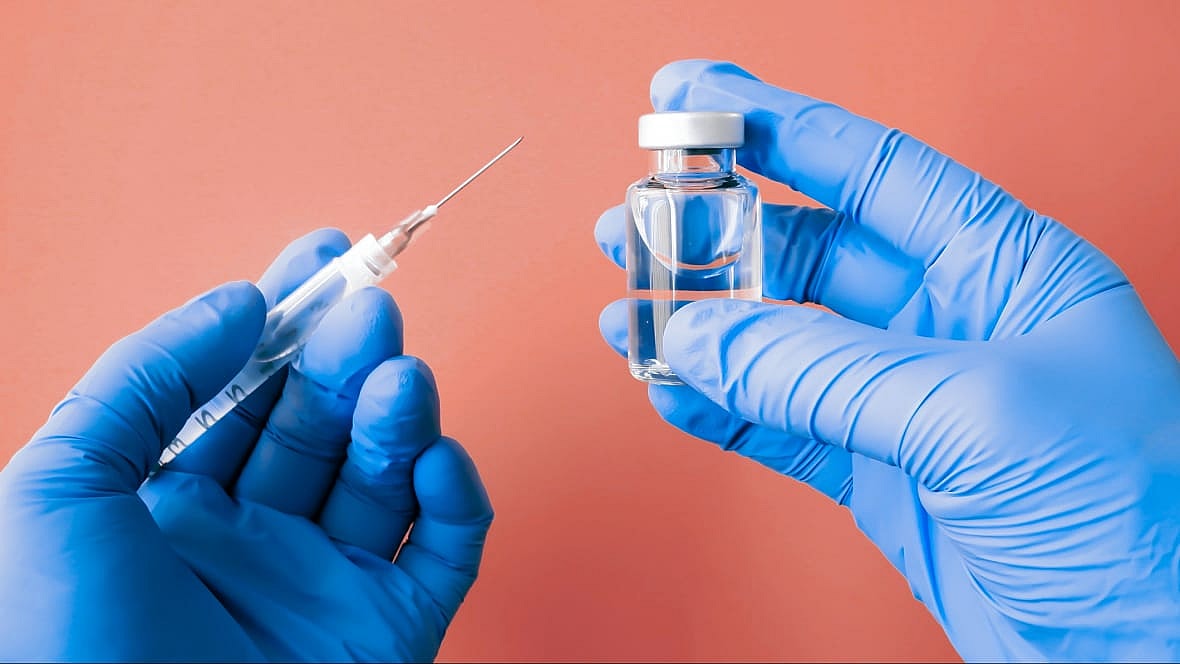Insulin, which can retail for hundreds and hundreds of dollars out-of-pocket, just got much more affordable.
Wednesday, via virtual press conference, David Ricks, Eli Lilly’s chair and CEO, announced the pharmaceutical giant is cutting insulin prices by 70 percent, and, effective immediately, capping out-of-pocket prices for patients at $35. This announcement is huge, considering how affordability can be a major barrier to care for many living with the disease, especially in Black and brown communities.

“With today’s announcement, we’re recommitting to our 100-year-old idea of creating safe, reliable, and available insulins by announcing some aggressive actions to help some people, more people with diabetes, gain access to affordable Lilly insulins,” Ricks said.
Those “aggressive” actions include reducing prices by cutting the list price of its non-branded insulin, Insulin Lispro Injection, to $25 a vial; cutting the list price of the very popular Humalog insulin lispro injection and Humulin injection by 70 percent; and launching the Rezvoglar injection for $92 per five pack of KwikPens, a 78 percent discount.
In addition to capping out-of-pocket prices to $35, Ricks said Eli Lilly is increasing access for those who do not have insurance. The uninsured can go to InsulinAffordability.com and download the “Lilly Insulin Value Program” savings card to receive Lilly insulins for $35 per month.
In the coming weeks, Lilly will launch a nationwide awareness campaign to ensure everyone eligible to benefit from these solutions knows how to access them at the pharmacy or online. The CEO said Lilly is slashing the prices to combat the current gaps in the U.S. healthcare system.
“While the current system largely ensures affordable access to insulin for most people with diabetes, a result of notable progress by the industry and by government, the system still does leave a few behind. This makes a tough disease like diabetes even harder to manage,” Ricks added.
When Ricks was asked if the Affordable Insulin Now Act passed last year, which capped insulin prices for those on Medicare at $35 a month, had anything to do with Wednesday’s announcement or if Eli Lilly supports any further legislation from Congress, he said he hopes legislation is passed on the commercial level. He also added that, in a sense, Lilly’s price-capping is being done to help apply that pressure.
“Why wait? We’re at our own expense and effort providing a cap on Eli Lilly insulin. That’s what we can do, and then calling on partners across the system to step up as I said, and do more,” he said, adding, “we hope that can make a difference for the patients who rely on Lilly insulin but potentially other instances as well.”
Roughly 37 million individuals in America live with diabetes, including 12.1 percent of Black people, and 96 million are at risk. Speaking to the Grio, Dr. Otis Kirksey, the American Diabetes Association’s (ADA) president of healthcare and education, said eight out of ten adults do not know they are at risk of developing the disease and that young adults and children are developing both type-1 and type-2 at alarmingly increased rates. He also said Black and brown communities living with this disease face a host of systemic barriers, including access to healthy foods, proper education about the disease, and affordability of medicine–of which food is a major component.
“If you can’t afford the medications, you can’t manage the disease,” he said.
In a statement emailed to theGrio Wednesday, ADA CEO Chuck Henderson said the association applauded Eli Lilly and encouraged other manufacturers to do the same.
He added, “While we have been able to help achieve significant progress on the issue of insulin affordability, including Medicare’s new out-of-pocket cost cap on insulin, state copay caps, and patient assistance developments from insulin manufacturers, we know that our work is not done.”
Reaction to the news was mostly positive, though some among Black Twitter used the news as an opportunity to reassert that insulin should be free and that finding a cure for the disease should remain a priority. Others referenced a prank pulled on the company in November when, using Twitter’s Twitter Blue feature which allows anyone with $8 to obtain a blue check mark, someone created a fake blue check-marked Eli Lilly account and announced that insulin was free.
Congresswoman Lucy McBath, who was instrumental in the Affordable Insulin Now Act passing, said in a video posted to Twitter Wednesday that she “couldn’t be more happy” about this latest move by Lilly.
McBath added, “This life-saving drug that has been out for over 100 years is really so important. There’s no one in this country that should be forced to make a decision between paying for their mortgage or paying for their insulin.”

Kay Wicker is a lifestyle writer for theGrio covering health, wellness, travel, beauty, fashion, and the myriad ways Black people live and enjoy their lives. She has previously created content for magazines, newspapers, and digital brands.
TheGrio is FREE on your TV via Apple TV, Amazon Fire, Roku, and Android TV. TheGrio’s Black Podcast Network is free too. Download theGrio mobile apps today! Listen to ‘Writing Black’ with Maiysha Kai.

